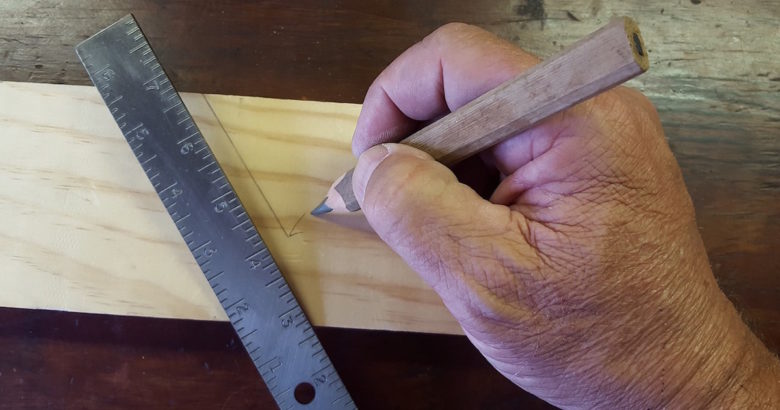7 Tips to Hiring the Right Contractor
You’ve been planning this remodel for months, maybe even years. You’re finally ready to take the plunge and knock down walls, add rooms, and generally turn your home upside down for several weeks.
It’s a big job, a bigger expense, and a huge commitment. You don’t want just anyone working on your home. Finding the right contractor to trust can be a challenge. Here are some tips to help you make the right decision so you can enjoy your updated home and stress a little less during the process.
Get Recommendations
Ask your friends and family who they’ve used for past jobs. Talk to a building inspector who can tell you who routinely violates building codes and who doesn’t. Read online reviews to learn more about other people’s experiences. Gather plenty of information to create a list of contractors to contact.
Interview Your Top Picks
Initially, you’ll want to do a phone interview to quickly eliminate a potentially long list. You need to know if they typically handle projects like yours or of a similar size. You should ask if they’ll have other jobs going on simultaneously. Don’t forget to ask if they’re willing to provide references. Once you’ve narrowed down your list to three or four, you’ll need estimates, references, and an in-person meeting.
Ask If They’re Licensed, Bonded, and Insured
Any contractor you hire should be licensed (or certified) for their specific trade or skill. They should also be bonded which is their guarantee to you that work will be completed based on any agreement you form. They should have insurance, including general liability of at least $1 million and workers’ compensation if they have even one employee. Any subcontractors they use should also be licensed, bonded, and insured.
Set a Payment Schedule
A contractor who wants more than 10 percent as a deposit may be strapped for cash and not financially stable. A common payment schedule looks like this: a 10 percent deposit, three payments of 25 percent while the job is ongoing, and the final 15 percent isn’t paid until you’re satisfied that the job is complete.
Avoid the Lowball Offer
The contractor who comes is with an extremely low estimate is likely cutting corners and buying the cheapest materials. The quality of the job may be much less than what you’d get by paying a little more. Eliminate that one from consideration.
A Good Contractor is a Busy Contractor
Take it as a good sign if the contractor you want can’t start the job right away. You don’t want to delay your project for too long, but if they need a couple of weeks before they can begin your project, it’s because they’re busy which can be a good indicator of quality workmanship.
Get Everything in Writing
Worry about the contractor who doesn’t want to put your agreement or the estimate in writing. Be aware that your estimate could change – anything can happen once a wall comes down – but the key elements of your agreement should always be in writing including the payment schedule, insurance, permits, and other details of the job.
Hiring a good contractor isn’t something that happens in a day. Be prepared to do your homework, talk to people, and check references. Your home is too valuable to trust to a bad contractor.


Comments are closed.